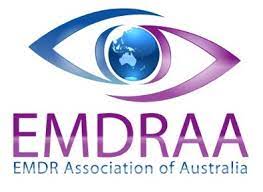MEMBERSHIPS
AHA (#8312), AACHP (#2003094), EMDRAA (#1001198)





Arcadia, Ardmona, Ballendella, Bonn, Bunbartha, Burnewang, Byrneside, Carag Carag, Colbinabbin, Cooma, Coomboona, Corop, Deakin, Dhurringile, Echuca, Elmore, Fairy Dell, Gillieston, Girgarre, Girgarre East, Harston, Kanyapella, Kialla, Kotupna, Koyuga, Kyabram, Kyabram South, Kyvalley, Lancaster, Merrigum, Moama, Moora, Mooroopna, Mooroopna North, Murchison, Murchison North, Nanneella, Rochester, Rushworth, Shepparton, Shepparton North, Stanhope, Stanhope South, St. Germains, Strathallan, Tallygaroopna, Tatura, Tatura East, Timmering, Tongala, Toolamba, Toolamba West, Undera, Waranga, Waranga Shores, Wyuna, Wyuna East, Yambuna, Zeerust.